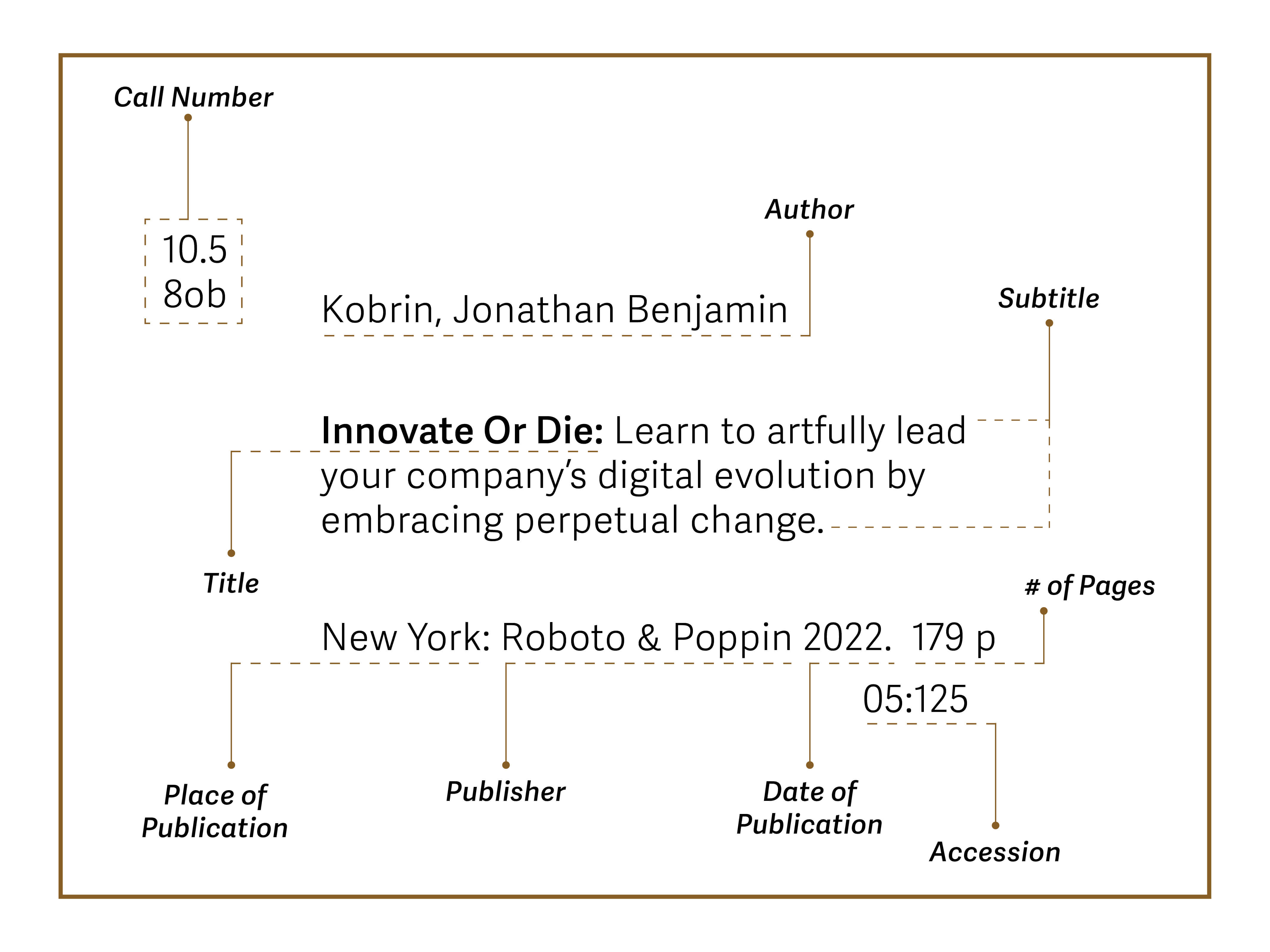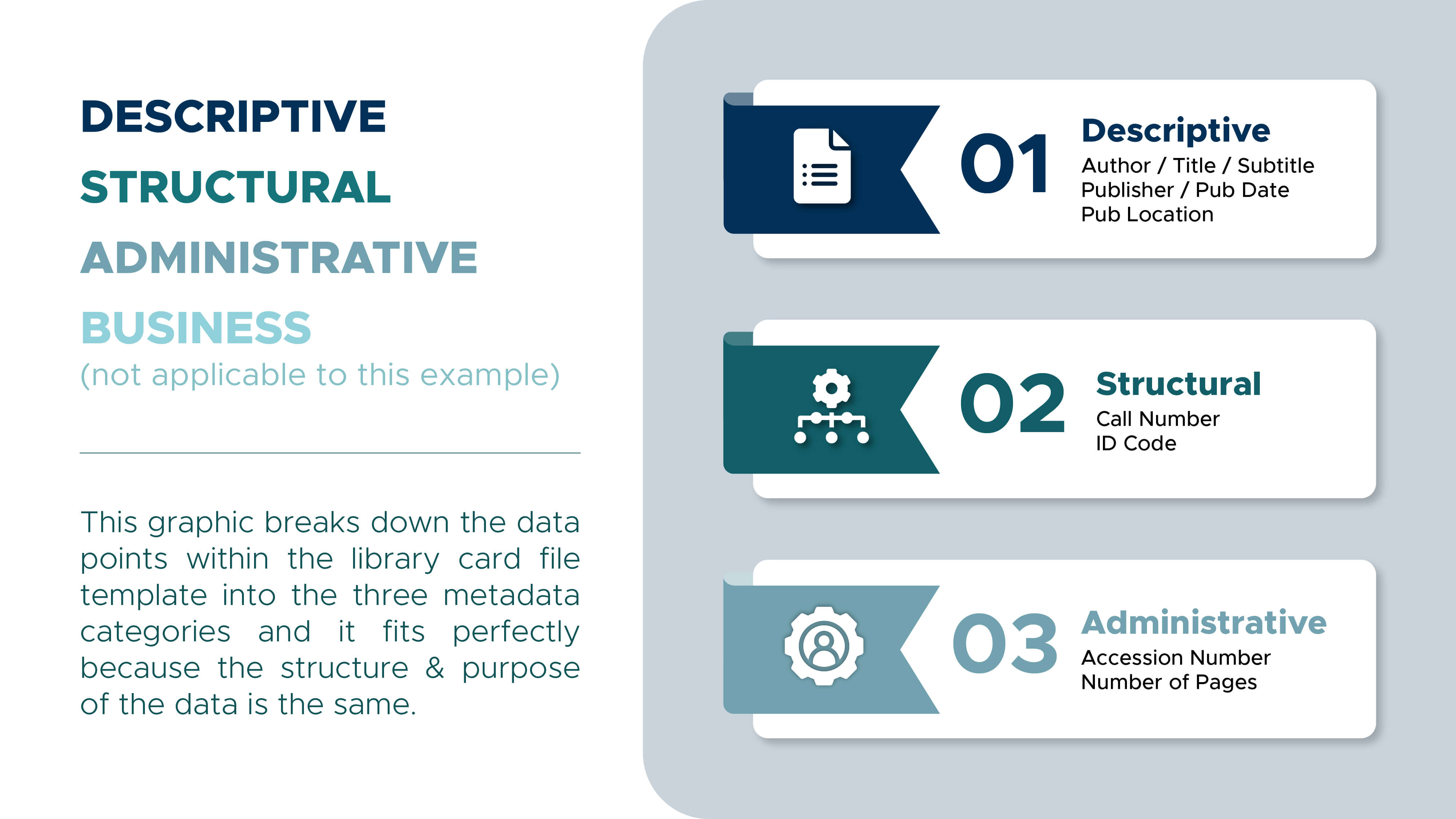
Metadata: The Data on Data
- Published
- Jun 1, 2023
- By
- Jonathan Kobrin
- Share
Metadata continues to become a more relevant and crucial topic as corporations double down on technology and embrace software strategies and solutions. Metadata can help organizations capture, clean, analyze and harness their data to its utmost potential. To get a better understanding of metadata, its various roles and the impact it has – as well as how it could empower the corporations you interact with -- this article will delve into how metadata influences the information within enterprise systems, as well as web applications and websites.
What Is Metadata?
Metadata is the name given to one or more fields of data that identify, locate and describe other data. Other data can mean any “digital stuff” or “objects,” including but not limited to:
- Files;
- Images, videos and graphics;
- Websites; and
- Articles and/or copywritten pieces of any length.
Metadata allows users, bots and applications to register data’s existence, location and context. When appropriately considered and configured, metadata classifies, organizes and labels data to allow users of a system to sort and search for the data much more efficiently.
With that as background, let’s go back about 40 years to examine a metadata predecessor, the library card catalog. When it was time to research and you needed to find data quickly, the card catalog was your best bet.

The card file system was ubiquitous. For the most part, no matter what library one visited anywhere in the world, the card catalog was the database allowing visitors to search the collection and locate books and other content by searching for title, author or subject.
Metadata works the same way. It divides into four categories:

Business Metadata
It consists of the ownership of data, changing policies, business rules and regulations and other business details.
Modern Metadata Application
Now let’s look at a modern, technical application of metadata. The easiest example for our purpose is the database. We’ll begin our analysis by defining two key terms:
1. The Database
-
- A structure in which data fields are housed and arranged in tabular form (rows and columns), allowing the information to be accessed, organized and manipulated quickly.
- The easiest way to begin to understand this concept is to think about some popular games, such as Battleship or Bingo. Both games rely on a two-axis grid consisting of the X axis (horizontal) and Y axis (vertical). Each game board is made up of rows, columns and the individual fields within them. Using that structure, each field is assigned a location defined by each field’s X: Y Intersection. So in Battleship, when your opponent calls out D6, you know which space to look at on your game board.
2. The Database Management System (“DBMS”)
- A software system allowing an administrator to store, retrieve and run queries on a set of table data (or a database). It’s a user interface enabling an administrator to create, read, update, and delete items within the database fields.
Why Metadata Should Matter to You
- Your eCommerce Website: Metadata is important to an eCommerce website because it provides information about the content on the website that is not visible to the end user. This information can be used to improve search engine optimization (“SEO”) by making it easier for search engines to understand the content and rank it higher in search results. It also plays a critical role in increasing visibility, improving the user experience and driving sales.
- Your Company’s Competitive Edge in the Marketplace:
Companies that utilize metadata effectively can gain a significant advantage over their competitors. They can make better informed decisions, respond faster to market trends, and offer more personalized customer experiences. Overall, metadata can be a valuable tool for companies looking to stay ahead in today's fast-paced and highly competitive marketplace. - Your Understanding of the Modern World:
It is important for everyone to understand the concept of metadata in today's world because it plays an increasingly critical role in many areas of our lives. Here’s how:
- Personal Privacy: Metadata can contain sensitive details on individuals, such as location, search history and online activity. Understanding what metadata is and how it’s collected and used empowers us to make more informed decisions about our privacy protection.
- Digital Citizenship: As more of our personal and professional life occurs online, metadata becomes an increasingly important tool to manage our digital citizenship. This includes understanding how to calculate or remediate damage caused by sharing certain high-risk types of data, like personal identifiable information (“PII”).
- Data-Driven Decision Making: In today's world, data is being used to inform and influence a wide range of choices. From politics and policy to business and marketing, the majority of people’s first move today is to tap the web, be it to figure out where they stand on a new issue or to persuade others.
- Improved Collaboration: With the growth of remote work and online collaboration, metadata is becoming increasingly important for effective teamwork. Combined with the new regulations governing PII data in transit and at rest, workers will be abandoning email attachments for account-based and granularly permission-configured cloud databases more and more. Accessing the right data swiftly will rely on metadata management and considerate, tactical configuration.
4. Targeted Advertising: Advertisers use metadata to manipulate consumer behavior by targeting users with highly personalized ads. Here are some examples:
- Behavioral Tracking: Advertisers leverage metadata to track user routines and behavior on frequented websites as well as search patterns for products and purchases. This data enables correlative engines to match products to buyers at high conversion rates.
- Personalized Marketing: Metadata enables marketers to gather data related to an individual's demographics, interests and preferences to create targeted ads that resonate with users especially well.
- Micro-Targeting: Advertisers use metadata-based targeting leveraging unique, even dynamic, ads specific to users’ location, behavior and personal preferences and/or profile info. Dynamic micro-targeting tactics are so wildly potent because they adapt to the user’s changing needs and circumstances, sometimes in real time.
While metadata can be a valuable tool for advertisers, marketers and retailers, we, as consumers, must understand its use and be highly aware of the risk of its weaponization. Influencing people to purchase, vote, or sympathize is nothing new but the scale and conversion rate achievable is, in fact, very new. The rate of improvement is so high that, really, each new plateau becomes its own paradigm.
Consumers must be vigilant. Learn. Defend your personal information. Discipline your online behaviors so that you control your identity and make calculated choices about with whom and for what you’ll share data. We must take every precaution to guard our data, our rights to our privacy, and our personal lives.
Contact EisnerAmper
If you have any questions, we'd like to hear from you.
Receive the latest business insights, analysis, and perspectives from EisnerAmper professionals.









